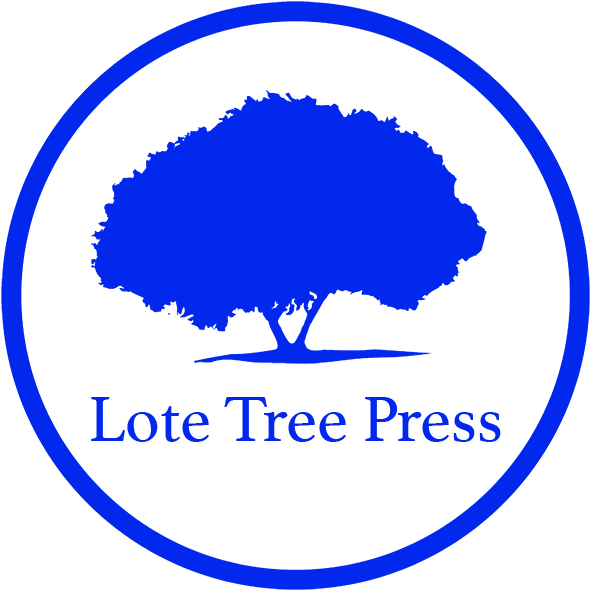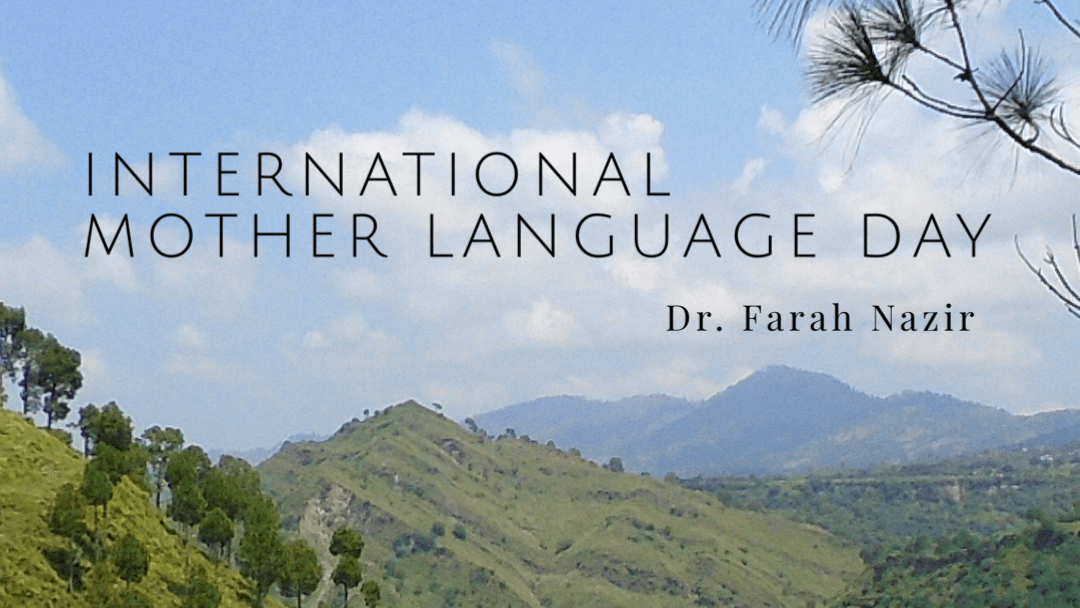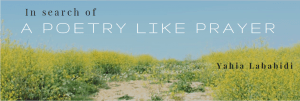
Today is a day to celebrate and promote language diversity, as it is International Mother Language Day – approved by UNESCO (United Nations Educational, Scientific and Cultural Organization) in the year 2000. Since then, the world has seen a rapid growth in globalisation. Inevitably affecting language change, with an ever growing number of multilingual communities around the world.
Being part of the South Asian Diaspora community in the UK, a bilingual Pahari-English (Potwari-Mirpuri) speaker, and a linguist, I’m very conscious of the lopsided ratio of these two languages in my life, and even more conscious of the status of the subcontinent languages in multilingual Britain; how they arrived and how they continue to interact with the English language.

My sentiments are shared by many others, as well as UNESCO and linguists working in language documentation, because the inevitable is happening; languages are leaving the world. It is estimated that at least 43% of the 6000 languages spoken in the world are endangered. Hence, there is a considerable amount of work on safeguarding vulnerable languages, as when a language fades out so does all that it carries with it. Languages not only hold a set of grammar rules and vocabulary, they carry ideologies, culture, memory, traditions, and unique perceptions and understandings of life.
According to Professor Anita Abbi, an expert in South Asian linguistics and endangered languages, the most important task a grammar and lexicon of any language accomplishes is establishing the identity of its speakers; each distinct grammar represents the cognitive abilities of a speaker and their distinct world view.

Multilingual and multicultural communities exist through their language as does their culture and history. In light of this, I’m interested in questions related to language contact in context of the South Asian Diaspora community in Britain; what happens when language is transported to new lands and is in contact with another language? What happens to the sounds and words of ancestral languages? What energies of words become dormant in us? What energies of words become active in us? What happens to the vocal organs of those speakers? What happens to their world view? How does this affect one’s voice? Do language ideologies change? How does this all manifest?

When languages come together, there is an array of linguistic changes. You’ll add on heritage language plurals to English words (chairs vs. chair-a), pronounce English words with retroflex sounds (rolling your tongue on sounds like t and d in ten and den) and place sounds in different orders (crisps vs. crips). There’ll be loan words for words the heritage language does not have (furniture, stationary) and even for words it does have (chair vs. kursi). You’ll switch mid-sentence from your heritage language to English or vice versa.

In celebration of International Mother Language Day, I extend a modest token of appreciation to all subcontinent languages and my mother tongue Pahari (Potwari-Mirpuri) with two poems. They symbolise my awareness and appreciation of the arrival of our zabans [languages] in Great Britain and the sacred nature of man’s connection with language and vice versa. They capture how I see language; a living organism which moves and changes according to the needs of its speakers; ever growing and dying.
Like all language families, the language families that make up the subcontinent are special, unique, and sacred. They add to my perception of the world, as does English. I ask you to extend your appreciation too in reflecting on how we blend our two worlds, and the impact language has on one’s identity, ideology, communication, integration, and worldview.

Our Zaban
Farah Nazir
Words carry the loss and pain of their ancestral land
as they are packed and sealed in the bodies
of those crossing the mountains
in face of it all
our zaban stands as a majestic organism
She moves and changes with
the waves of power war hope fear
She continues to welcome the new with the old
in the most delicious ways
a delicacy tasted in our very mouths
as our tongue elegantly dances and flirts
from one frequency to another
tasting the bitter sweet movements
of the tongue blade and tip
She continues to welcome them into the new organism
decorating them with ancient grammar
each one is given its own affix and a new pattern
a new form and meaning are blended into one
connecting two worlds
unlocking new realities
birthing new ideologies
giving way to native ones.

Words
Farah Nazir
in every sense
my voice is my essence
my internal and external world
my psyche and my land
my belief and my ideology
my conscious and unconscious
it begins with the
breath
the vocal folds vibrate
fine tuning as they
open and close
the glottis
the tongue moving
high or low back or front
the lips round and spread
all creating sounds
to convey meanings of man
like the stars
sounds guide man’s word
they transport his internal meanings
to the external world
my words themselves hold
an inner and outer
a form and meaning
a sadness and joy
my words are my essence
forming the basis of my
language
constructing my reality of
you and me
till the breath is gone in
me
I fall into silence
a world of no words

Dr. Farah Nazir is a UK-based linguist (South Asian languages), editor, and writer who is currently playing with ways to disseminate her PhD and current research to an academic and public audience in a meaningful manner. She is a leading academic in studying linguistics of the understudied language Pahari-Potwari language spoken in the Mirpur-Dadyal regions. He r research interests are in South Asian and Indo-Aryan languages; syntax, semantics and their interface; multilingualism; typology; language description, documentation and contact, and language creativity.



wonderful..so beautiful and really captures every line into real feelings.